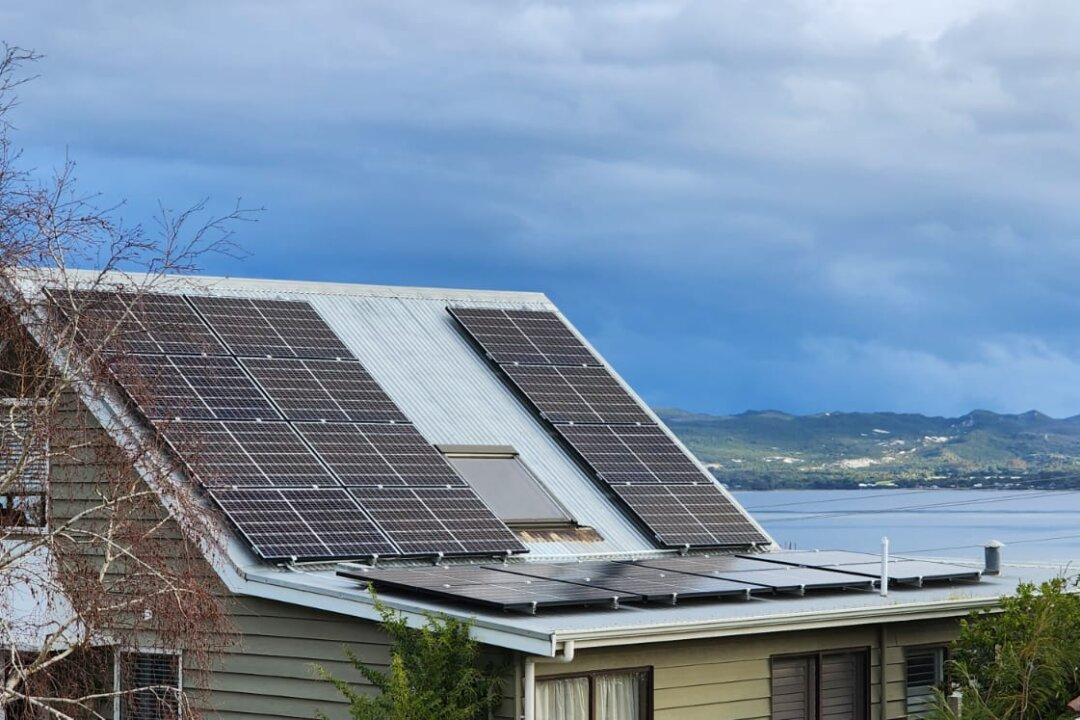Australians are investing in solar technology in record numbers amid a cost-of-living crisis, data from a new report has shown.
According to preliminary figures released on Jan. 8 by Australian solar company Sunwiz, Australia’s solar capacity rose by 14 percent in 2023 compared to 2022, increasing by 3.17 gigawatts.




